When it comes to rock bands, there are some words you immediately think of when you hear their names—the Rolling Stones are timeless, The Beatles are legendary, and Led Zeppelin are god-like.
But, what if I said The J. Geils Band? The first word that comes to my mind is simply underrated. Hailing from Worcester, Massachusetts, and jumping onto the scene with 1970’s self-titled debut record, the pop-rock band would see 11 years of success and hits before their last studio record was released in 1984, albeit the record does not include original singer Peter Wolf.
Yes, 1970 is a long time ago and for those of you who are just being introduced to The J. Giles Band, they appeared in Adam Sandler’s “Grown Ups 2” as the backing band that played in Sandler’s backyard during the summer party.
Now that we’ve established the basic introductions, The J. Geils Band has had six top 50 records with one of their most famous being 1981’s “Freeze Frame” which reached the peak at No. 1 after it was released on Oct. 29, 1981.
The aforementioned “Freeze Frame,” contains nine songs and has a run time of 41 minutes of pop-rock songs that have stood the test of time.
The album starts with the title track and the ever-catchy organ intro. Throughout the entire tune, the organ provides a jumpy, happy feel that can only be heard in classic ‘80s songs.
Typically, the title tracks are some of the best songs on the entire record and that certainly is the case for this song/album. With a horn section to back the song up, “Freeze Frame,” is one of the strongest songs on the record.
As the record jumps to track three, the duel organ/harmonica intro from Seth Justman and Magic Dick immediately gives the song away. Arguably the band’s most popular song, “Centerfold,” has been a staple on classic rock radio stations across the nation.
From the catchy chorus of “My blood runs cold, My memory has just been sold, My angel is the centerfold, Angel is the centerfold” to the bouncy drum beat, this song has it all to put anyone in a good mood.
Track four has an opposite feel to the previous song in that it’s a little more gloomy. “Do You Remember When” features an orchestra with a beautiful piano in the foreground boosting Wolf’s vocals. “Do You Remember When” is one of my favorite songs on the entire record. Usually when a band incorporates an orchestra in a tune, it has serious potential to be a classic song and that’s what The J. Geils Band was able to achieve.
Track six, “Flamethrower” is another bright spot in the back half of the record. The band is extremely in sync with one another as this song has a groovy, driving beat that creates yet again, another ‘80s vibe that has been lost in 2023.
“Flamethrower” has one of the most singable choruses on the entire record. Wolf is supported by multiple background singers on this song that help round out the chorus. This song shows the versatility of the band to dip their feet in the classic rock pool, funk pool, and pop pool.
I don’t think The J. Geils Band gets enough credit for helping pave the way for other pop-rock bands that came after them. The J. Geils Band helped make pop rock what it eventually became to be towards the end of the ‘80s.
The last three songs on the album are just as good as any other song on the record. “River Blindness” contains that funk sound that is heard throughout the record. The ballad “Angel In Blue,” is another earworm song that has fans humming the tune well after the record is over. Finally, “Piss On the Wall,” is a classic anthem-style song that has fans yelling the title of the track throughout the chorus as the record rears its head to a close.
It’s a shame to see a great band like The J. Geils Band get lost in time and not be mentioned in the conversations of great ‘70s bands like Kiss and Aerosmith. While they aren’t talked about in that conversation, they are routinely talked about when the topic of “Most underrated band” comes up.
The J. Geils Band, led by lead guitarist John “J” Geils, who passed away in April of 2011 had it all. Great ballads, tough rock and roll, and pop-infused rock songs that could gain fans of any type of genre. Now, after diving into what is one of the greatest records of the early 80’s, do you remember?


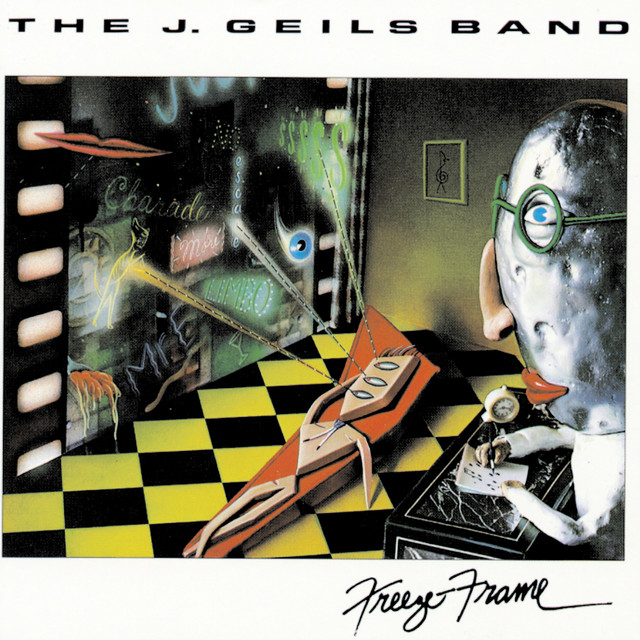


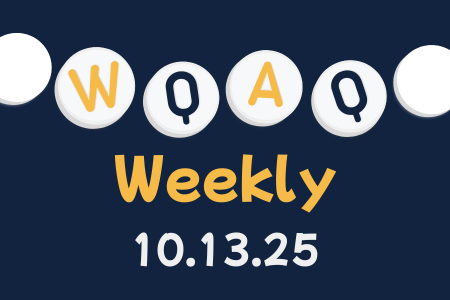
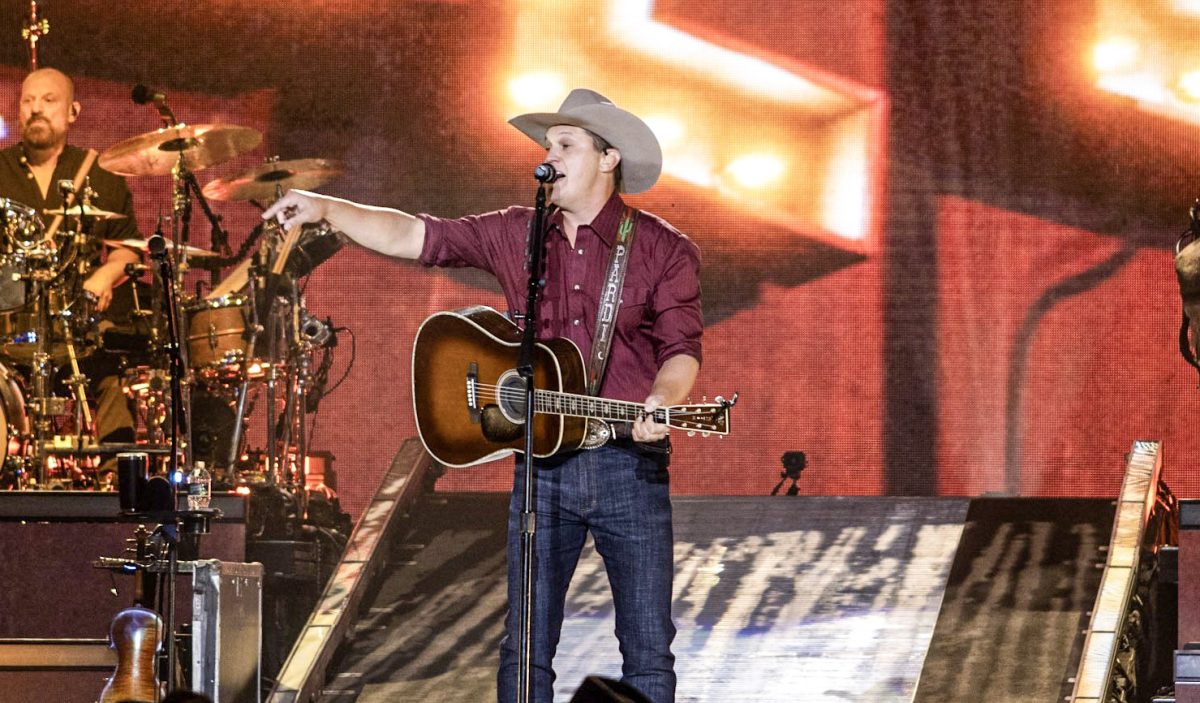

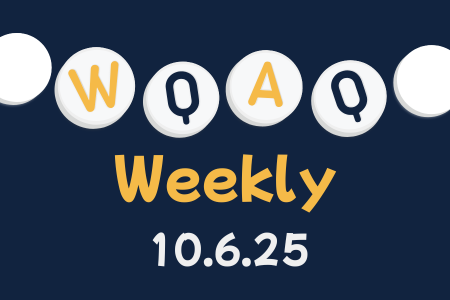


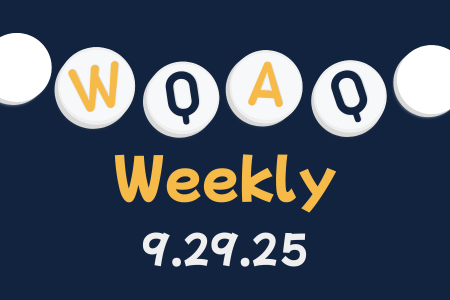




Geoff • Jan 30, 2024 at 3:02 pm
Great article Mike.